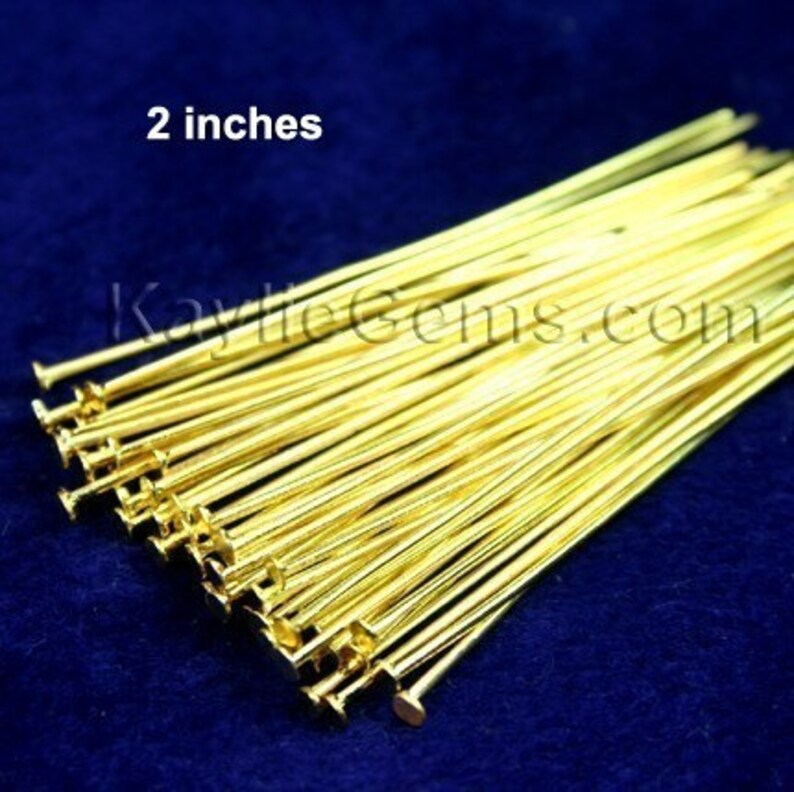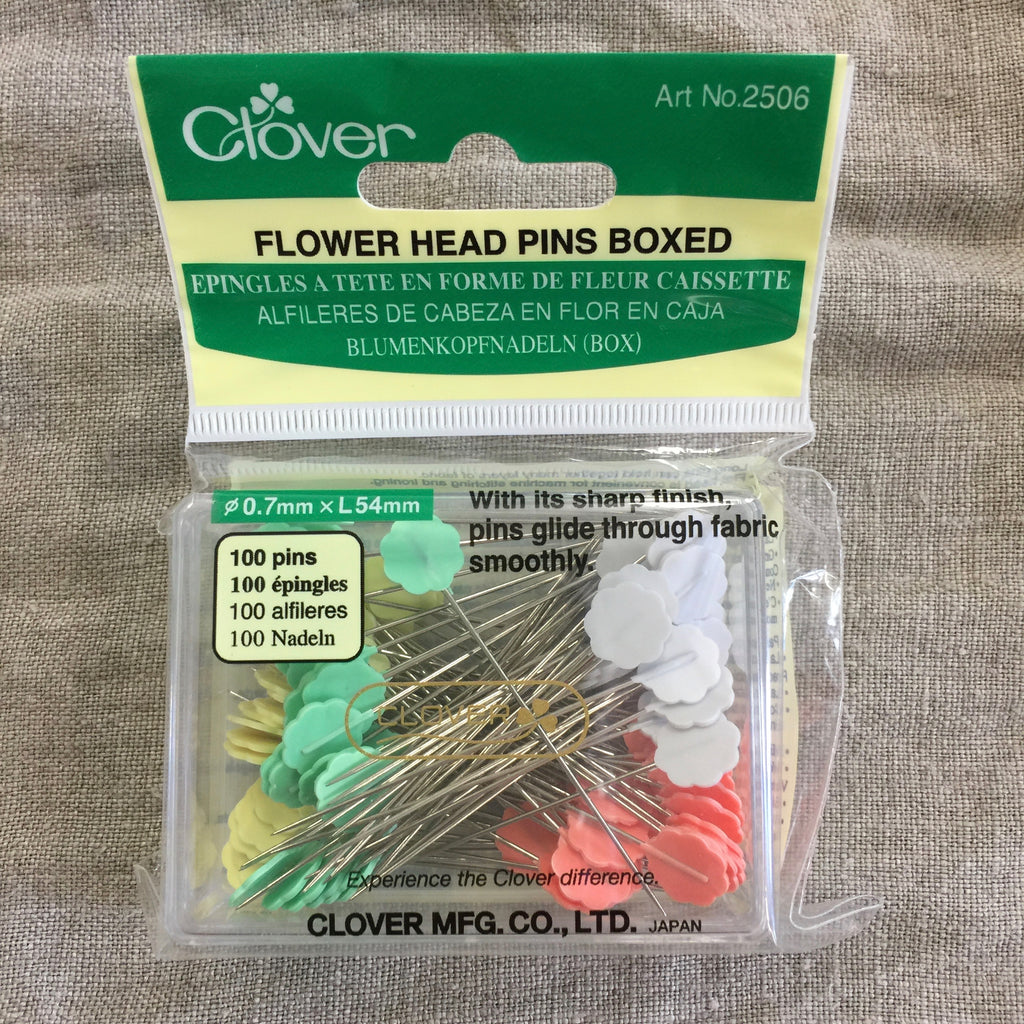

If DPD 2 day is selected and paid for, then this option will always be used. We reserve the right to change the delivery service used due to weight, volume and location however this should only typically be a service enhancement. **We aren't currently shipping to Republic of Ireland due to Brexit** Tracked 24 - £6.99 (please allow up to 2-3 working days).Tracked 48 - £5.99 (please allow up to 3-5 working days).Other options available, or for orders below £60.00 P&P: On a rare occasion we may use Tracked 24 over our carrier on a Friday afternoon, if the courier collection has been missed, as there is a chance your goods will arrive with you sooner. We reserve the right to change the delivery service used, however this should only typically be a service enhancement. Next Day (is not guaranteed) does not include Saturdays, for this uplift or other urgent enquiries please contact our sales team on 01 prior to placing your order.Īlthough advertised as ‘next day’ not all couriers offer a 100% guarantee and once orders are processed we rely on them to deliver on time, although we are always at hand to help with tracking or chase up non-deliveries. *Please note: Orders placed after 12pm on Friday may be delivered the following Tuesday (or Weds for Bank Holidays). Please allow processing times, as this service is not a guaranteed next day delivery service Orders received after this cut off may be processed and collected for despatch the next working day, either via our courier or the Royal Mail. *Carrier - £8.50 orders must be placed before 1pm.1st Class Tracked - £6.99 (please allow up to 2-3 working days).2nd Class Tracked - £5.99 (please allow up to 3-5 working days).Royal Mail 1st Class - £4.50 (please allow up to 2-3 working days).2nd Class Delivery - £3.30 (please allow up to 3-5 working days).Other options, or for all orders below £40:

If this happens with your order we will contact you and keep you updated on the progress of your order until it is dispatched. We endeavour to stock all of the items on our website but from time to time items will go out of stock. What Are Quilting Pins?Īs the name already suggests, quilting pins are made for quilting specifically.Here at Calico Laine we aim to send your items out to you on the same day that you place your order, providing the order is placed before 12.00 (Monday-Friday). When you acquire some silk pins to work with more delicate materials, we do recommend testing the pins on a little bit of fabric to see how your material recovers. Many crafters are already familiar with these silk pins without even realising it, because these types of pins are commonly used by dressmakers and tailors. These pins usually do not have a head made from plastic or glass. Silk pins come in a variety of sizes and materials, but the recommended silk pins for more delicate materials are the ones solely made from metal. Silk pins are made for the more delicate materials, such as silk fabric. Less known than the previous pins, silk pins are still quite important for a variety of crafts. However, the material of the head is not resistant to heat, so do not use these pins if you intend on using an iron during your craft. Most ball-point pins are easier to handle than glass head pins, mainly because of the plastic ball at the end of the pin. However, a ball-point pin will leave it intact. When you work with these types of fabrics, normal pins will break the material. What Are Ball-Point Pins?īall-point pins are often underestimated, because many people do not realise these pins are perfect for stretch knit fabrics and Jersey fabrics. So, if you need to use an iron during a craft, glass head pins will be your recommended choice. We must also mention the importance of the glass head on glass head pins, because this material is resistant to heat. However, the material does come with a negative side, since it does give the pins less flexibility. Most are made from nickel-plated steel, which makes the pins quite durable. The strength of your glass head pins depends heavily on the material the shaft is made of.

These pins are characterised by a metal shaft and a white glass head on top, which tends to be quite visible when used in combination with darker fabrics. Glass head pins are probably the most common types of pins used in fabric crafts. Below, we have created a guide mentioning all available pins, so you can easily find the perfect pins for your craft. Of course, there are different types of pins available, so it is always a good idea to get familiar with each one. Pins are used in a variety of crafts, so most crafters will have a selection of pins in their collection. Curious About Pins? Discover the Different Types of Pins at Spotlight!


 0 kommentar(er)
0 kommentar(er)
